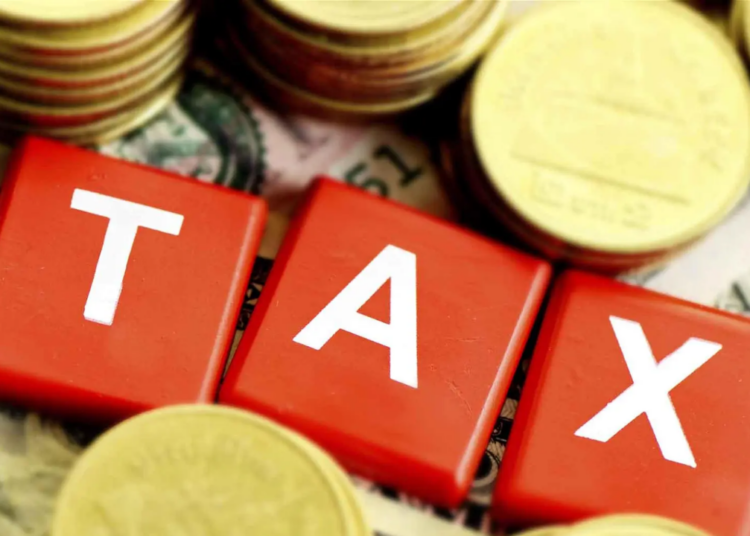Nigeria’s tax-to-Gross Domestic Product ratio, which in the last 12 years, hovered around five to six per cent, has risen to 10.86 per cent by the end of 2021.
The new ratio was communicated to the Federal Inland Revenue Service (FIRS), via a letter signed by the statistician-general of the federation, Prince Adeyemi Adeniran, on the 25th of May 2023, following a joint review by the Nigerian Bureau of Statistics (NBS), in collaboration with the Federal Ministry of Finance and the FIRS, using data from 2010 to 2021.
The revision took into account revenue items hitherto not previously included in the computations; particularly, relevant revenue collected by other agencies of government.
Tax-to-GDP ratio is a measure of a nation’s tax revenue relative to the size of her economy as measured by GDP. The ratio is a useful tool for assessing the “health” of a country’s tax system, and highlighting its tax potentials relative to the size of the economy. It is the ultimate measure of the effectiveness of a nation’s tax system compared to other countries.
Announcing the new ratio in Abuja, yesterday, the chairman of FIRS, Mr. Muhammad Nami, explained that sources which previously put the country’s Tax-to-GDP ratio at between five and six per cent did not consider tax revenue accruing to other government agencies in their computation.
Particularly, revenues collected by agencies other than the FIRS, customs and states Internal revenue service were excluded. This situation was peculiar to Nigeria as most other countries operate a harmonised tax system (all or most tax revenues are collected by one agency of government) with single-point tax revenue reporting. As such, all relevant tax revenues are included in the computation of the Tax-to-GDP ratio.
“In order to correctly state the tax-to-GDP ratio, the FIRS initiated a review and re-computation of the ratio for 2010 to 2021. In recomputing the ratio, key indicators that were previously left out were taken into account. This resulted into a revised tax-to-GDP ratio of 10.86 per cent for 2021 as against six per cent hitherto reported,” the statement noted.
Mr. Nami further noted that Nigeria’s Tax-to-GDP ratio should ordinarily be higher than 10.86 percent but for certain economic and fiscal policy factors, including tax waivers and leakages occasioned by the country’s fragmented tax system.
“It is important to note that the Tax-to-GDP ratio for Nigeria should be higher, but for the impact of tax waivers contained in our various tax laws (including exemptions to micro, small and medium enterprises brought-in by Finance Act, 2019), low tax morale, leakages occasioned by the country’s fragmented tax system and the impact of the rebasing of the GDP in 2014”, he explained.
The FIRS boss implored the government to consider reviewing its policies on tax waivers thereby guarantying increased revenue to prosecute its programmes and positively move the needle of the country’s tax-to-GDP ratio.
Prince Adeniran, in his letter to the chairman of FIRS, described the revision as a facelift to the tax-to-GDP ratio for Nigeria in comparison with other countries.
He further noted that the NBS had “carefully and diligently reviewed the methodology used for computing the revised estimates, as well as the various items that have been included in the new computation,” and that the NBS as an outcome of its review and meetings with FIRS has adopted the new tax-to-GDP computation.





